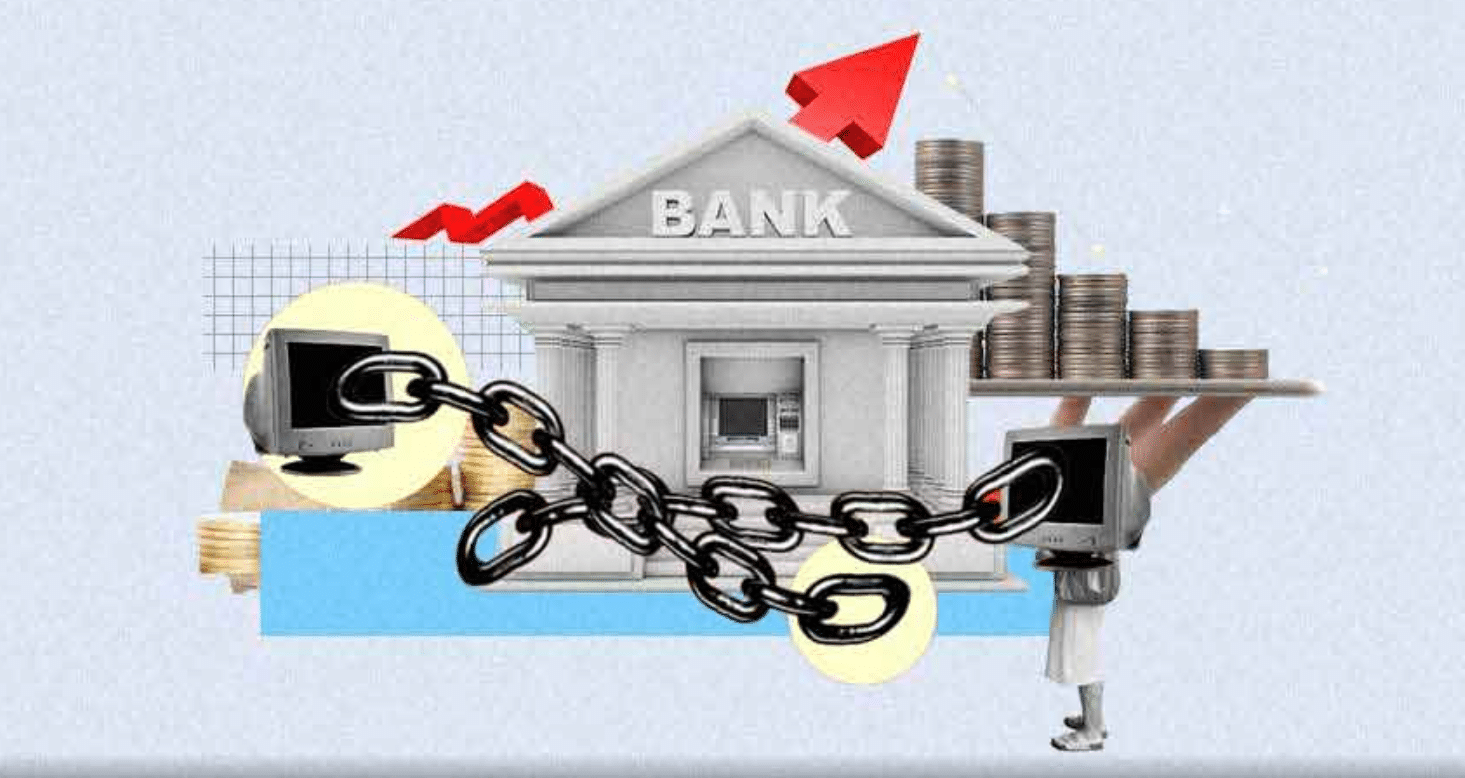
Blockchain technology in BFSI market is expected to grow by over US$48 billion by 2028
Blockchain technology, also known as distributed ledger technology, is a system of recording and verifying transactions that are shared among multiple participants, without the need for a central authority or intermediary. Blockchain technology offers various benefits for the banking, financial services, and insurance (BFSI) sector, such as enhanced security, transparency, efficiency, and cost-effectiveness.
According to Technavio’s latest market research report, the global blockchain technology in BFSI market is expected to grow by US$48.21 Billion between 2023 and 2028, registering a compound annual growth rate (CAGR) of 67.84%.
The report identifies the following key drivers, trends, and challenges that are shaping the market dynamics:
Drivers
The increasing adoption of blockchain technology in BFSI is driven by the growing demand for faster and cheaper cross-border payments, remittances, and settlements, as well as the need for improved compliance, auditability, and fraud prevention. Blockchain technology can enable peer-to-peer transactions, eliminate intermediaries, reduce transaction fees, and enhance trust and security. Moreover, blockchain technology can facilitate the development of new products and services, such as digital identity, smart contracts, tokenization, and decentralized finance, that can create new revenue streams and customer segments for the BFSI sector.
Trends
The market is witnessing several emerging trends, such as the integration of blockchain technology with artificial intelligence (AI), cloud computing, internet of things (IoT), and biometrics, that can enhance the capabilities and functionalities of blockchain solutions. For instance, AI can help optimize the performance, scalability, and security of blockchain networks, as well as provide data analysis and insights. Cloud computing can offer flexible and cost-effective infrastructure and platforms for deploying and managing blockchain applications. IoT can enable the connection and communication of devices and sensors, and generate data that can be verified and stored on blockchain. Biometrics can provide identity verification and authentication for blockchain transactions and users.
Challenges
The market is facing several challenges, such as the lack of standardization, regulation, and interoperability, as well as the high complexity and resource consumption of blockchain technology. The absence of a common framework and guidelines for the development, implementation, and governance of blockchain technology can create legal, technical, and operational uncertainties and risks for the BFSI sector. The lack of interoperability among different blockchain platforms and systems can limit the scalability and compatibility of blockchain solutions. The high complexity and resource consumption of blockchain technology can pose challenges for the performance, efficiency, and sustainability of blockchain networks and applications.
The Technavio’s report also provides a detailed segmentation of the market by component (platform and services), application (payments, clearing and settlement, trade finance, identity management, and others), and geography (North America, Europe, Asia-Pacific, South America, and Middle East and Africa). The report identifies the leading vendors in the market, such as IBM, Microsoft, Oracle, SAP, and Accenture, and analyzes their competitive landscape, market share, and product portfolio. The report also provides insights into the market opportunities, challenges, and recommendations for the stakeholders.

